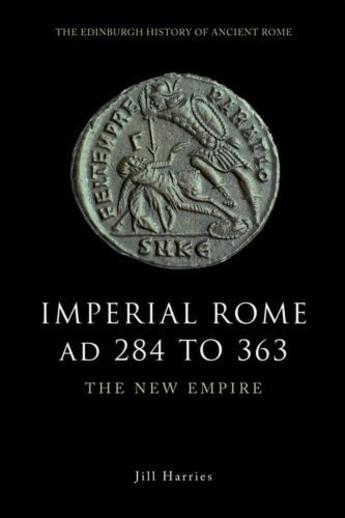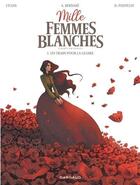-
Nombre de pages : (-)
-
Collection :
(-)
-
Genre :
(-)
-
Thème :
Non attribué
-
Prix littéraire(s) :
(-)
Résumé:
This book is about the reinvention of the Roman Empire during the eighty years between the accession of Diocletian and the death of Julian. How had it changed? The emperors were still warriors and expected to take the field. Rome was still the capital, at least symbolically. There was still a... Voir plus
This book is about the reinvention of the Roman Empire during the eighty years between the accession of Diocletian and the death of Julian. How had it changed? The emperors were still warriors and expected to take the field. Rome was still the capital, at least symbolically. There was still a Roman senate, though with new rules brought in by Constantine. There were still provincial governors, but more now and with fewer duties in smaller areas; and military command was increasingly separated from civil jurisdiction and administration. The neighbours in Persia, Germania and on the Danube were more assertive and better organised, which had a knock-on effect on Roman institutions. The achievement of Diocletian and his successors down to Julian was to create a viable apparatus of control which allowed a large and at times unstable area to be policed, defended and exploited. The book offers a different perspective on the development often taken to be the distinctive feature of these years, namely the rise of Christianity. Imperial endorsement and patronage of the Christian god and the expanded social role of the Church are a significant prelude to the Byzantine state. The author argues that the reigns of the Christian-supporting Constantine and his sons were a foretaste of what was to come, but not a complete or coherent statement of how Church and State were to react with each other.
Donner votre avis














